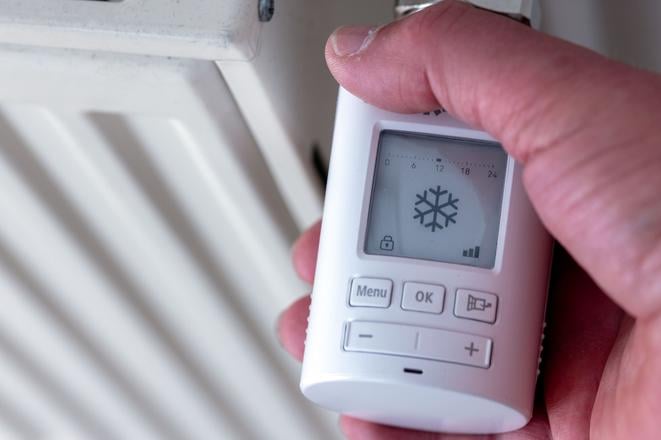Slovakia’s new energy aid law, rushed through parliament on 1 October, is facing criticism over the government’s plan to fund it.
Prime Minister Robert Fico (Smer) announced that the €435 million scheme would be financed with European Union funds, rather than from Slovakia’s state budget. Economy Minister Denisa Saková (Hlas) backed the claim, saying Brussels had agreed because of higher gas prices linked to the EU’s RePowerEU policy – launched to reduce dependence on Russian fossil fuels after the invasion of Ukraine.
But the European Commission says that is not true. In a statement to Euractiv on 6 October, it said that direct payments to households for energy costs are not permitted under the EU’s 2021–27 cohesion funding rules. Only projects investing in renewable energy or improving energy efficiency can use EU money.
Several days ago, Saková said that only €17 million had actually been approved – and that was just for administrative expenses. The government now says it will “free up” money in the state budget by shifting other EU-funded projects around.
Aid plan threatens wider budget hole
Critics, including the fiscal responsibility council (RRZ), warn that this move could divert EU funds intended for infrastructure, transport and regional development. The plan is expected to cover around 90 percent of Slovak households, even though only about 16 percent are officially considered energy poor.
With EU funds ruled out, the government will have to finance the aid from the state budget, adding pressure to public finances already strained by lower-than-expected tax revenues. The fiscal responsibility council estimates that covering the programme domestically could push the budget deficit to about 5 percent of GDP – roughly €6.9 billion – unless offset by spending cuts elsewhere.
Opposition energy expert Karel Hirman (Demokrati) accused the government of misleading the public, writing: “Fico and Saková lied to us. For their overpriced gas, we’ll burn our own money.”
The Economy Ministry said the lower price for electricity and gas would be reflected directly on household bills. For heat supplies, the government plans to offer support through energy vouchers, to be sent by post to individual households and their supply addresses. The value of the vouchers will vary according to regional conditions and energy costs.


